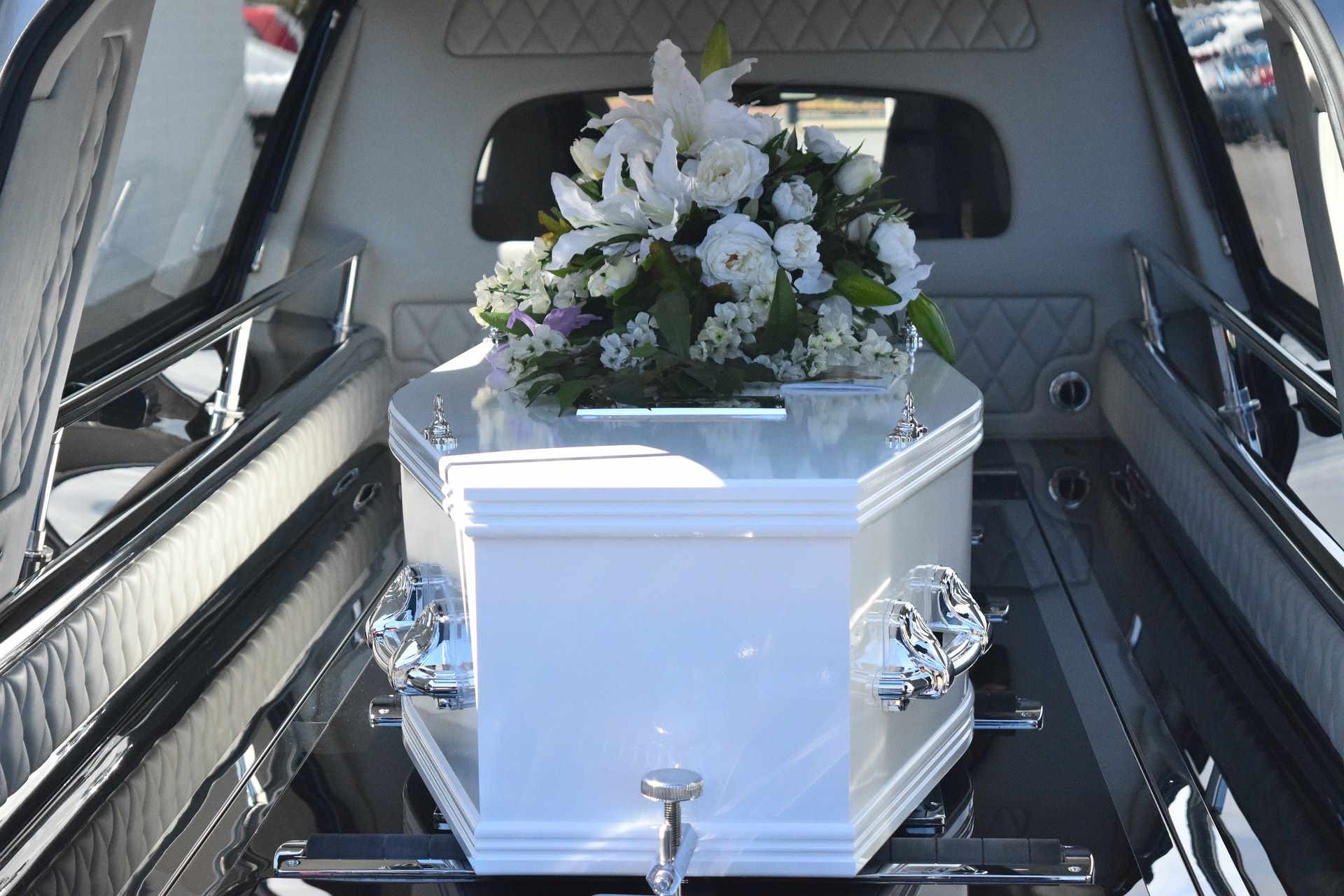2025 UK Cremation Process Overview: Identification, Authorization, and Ashes Handling Clarified
Understanding the UK cremation process involves multiple stages, from initial identification requirements to final ash collection. The 2025 procedures encompass strict legal protocols, enhanced technological systems, and clear handling guidelines that families must navigate during difficult times. This comprehensive overview explains each step, including documentation requirements, authorization procedures, and what happens to personal effects during the process.

The cremation process in the United Kingdom follows established legal frameworks and technological protocols designed to ensure dignity, accuracy, and compliance with health regulations. Modern crematoriums operate under stringent guidelines that govern everything from initial body identification to the final handling of cremated remains.
Understanding the UK Cremation Process Steps
The UK cremation process begins with proper identification procedures that must be completed before any cremation can take place. Funeral directors work closely with crematorium staff to verify identity through multiple checkpoints, including documentation review and physical identification tags that remain with the deceased throughout the entire process. The body must be placed in a suitable coffin or container that meets environmental and safety standards, with all personal effects removed except for items specifically approved by the crematorium.
Crematoriums maintain detailed records of each cremation, including timing, temperature logs, and staff signatures at each stage. The process typically takes between 1-3 hours depending on various factors, with modern facilities using computer-controlled systems to monitor and document every aspect of the procedure.
Legal Authorization Cremation Requirements
Legal authorization for cremation in the UK requires multiple forms and approvals before any procedure can commence. The primary document needed is Form 4, which must be completed by a medical referee who examines the deceased and reviews all medical documentation. This form confirms that cremation is appropriate and that no further investigation is required.
Additionally, Form 5 must be signed by the applicant (usually the next of kin or appointed representative) confirming their authority to arrange the cremation and their understanding of the process. The crematorium requires Form 10, which serves as the final authorization from the medical referee, before scheduling can proceed. These legal safeguards ensure that all cremations are properly authorized and that families have given informed consent.
Cremation Metal Implants and Medical Devices
Metal implants and medical devices present specific considerations during the cremation process. Common items such as hip replacements, dental work, pacemakers, and surgical pins do not burn during cremation and must be handled according to strict protocols. Pacemakers and other electronic devices require removal before cremation due to explosion risks, while other metal implants are typically left in place.
After cremation, metal remnants are carefully separated from the cremated remains using specialized equipment. These metals are typically recycled through authorized programs, with many crematoriums donating proceeds to charitable organizations. Families are informed about this process and can request the return of specific items if desired, though this must be arranged in advance.
Cremation Enhanced Technology in Modern Facilities
Modern UK crematoriums utilize advanced technology to improve efficiency, environmental impact, and family experience. Enhanced filtration systems reduce emissions while maintaining high temperature standards required for complete cremation. Computer-controlled monitoring systems track temperature, timing, and environmental conditions throughout each procedure.
Many facilities now offer witness rooms where families can observe the beginning of the cremation process if desired. Digital tracking systems provide families with detailed records and can accommodate special requests such as specific timing or ceremonial elements. Some crematoriums have introduced mercury abatement systems to address environmental concerns related to dental amalgam.
Cremation Cost UK and Financial Considerations
Cremation costs in the UK vary significantly based on location, facility type, and additional services selected. Basic cremation fees typically range from £400-£900 for the cremation itself, with additional charges for services such as chapel use, organist fees, and extended ceremony time.
| Service Type | Provider Example | Cost Estimation |
|---|---|---|
| Basic Cremation | Local Authority Crematorium | £400-£600 |
| Private Crematorium | Dignity Crematoriums | £600-£900 |
| Attended Service | Co-op Funeralcare | £800-£1,200 |
| Unattended Cremation | Pure Cremation | £1,200-£1,800 |
| Full Service Package | Funeral Partners | £2,500-£4,000 |
Prices, rates, or cost estimates mentioned in this article are based on the latest available information but may change over time. Independent research is advised before making financial decisions.
Ashes Handling and Collection Procedures
After cremation, the cremated remains undergo careful processing to achieve a consistent texture suitable for handling and storage. The remains are cooled, processed through specialized equipment to reduce particle size, and placed in temporary containers unless families have provided their own urns. Most crematoriums hold ashes for a specified period, typically 1-2 months, before requiring collection or disposal arrangements.
Families can collect ashes personally or arrange for delivery through funeral directors. Some crematoriums offer scattering services in designated garden areas, while others provide information about legal scattering locations. Ashes can be divided among family members if requested, and many facilities can accommodate special containers or multiple urns for this purpose.
The cremation process in the UK continues to evolve with technological advances and changing family preferences while maintaining the legal frameworks and dignity standards that families expect during difficult times. Understanding these procedures helps families make informed decisions and ensures that their wishes are properly carried out according to current regulations and best practices.




